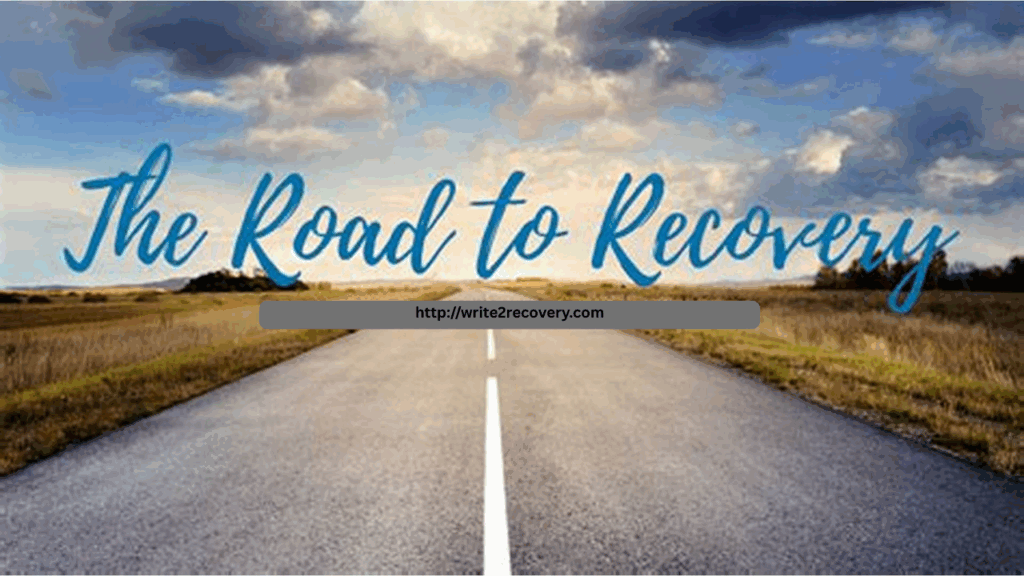
In the journey of addiction recovery, one of the most healing and transformative tools is not just talking—but listening. Specifically, listening with compassion. It’s easy to underestimate the power of simply being present for someone, yet compassionate listening can be the lifeline that helps individuals feel seen, heard, and valued. In a world where addiction is often met with judgment and misunderstanding, supportive dialogue rooted in empathy can make all the difference.
The Role of Compassionate Listening in Recovery
Addiction often isolates people—not just physically, but emotionally. Those struggling may feel like no one understands them, or worse, that no one wants to. Shame, guilt, and fear of judgment can keep individuals trapped in silence. Compassionate listening breaks through that silence. It says, “You matter,” without needing to say anything at all.
When someone listens with genuine care and empathy, it creates a safe space for individuals in recovery to open up. They begin to trust, to speak honestly about their pain, and to process the complicated emotions tied to their experiences. In that space of acceptance, healing begins.
What Does Compassionate Listening Look Like?
Compassionate listening is more than hearing words—it’s about being fully present. It means:
- Giving full attention without distraction.
- Withholding judgment, even when what’s shared is painful or difficult to hear.
- Responding with empathy, not solutions.
- Accepting emotions without trying to fix them.
A person in recovery might not need advice—they might just need someone to listen and say, “That sounds really hard. I’m here with you.” That kind of simple affirmation can be incredibly powerful.
Strengthening Relationships Through Supportive Dialogue
Whether it’s a friend, family member, therapist, or peer in a support group, compassionate listening strengthens trust and connection. It builds relationships where people feel safe being vulnerable, and in recovery, vulnerability is vital. When individuals can speak their truth without fear of being shamed or dismissed, they’re more likely to stay engaged in their recovery process.
Supportive dialogue also helps mend broken relationships. Addiction can strain families and friendships, often due to years of miscommunication or hurt. But compassionate listening opens the door to mutual understanding and reconciliation. It allows everyone involved to express themselves honestly and begin rebuilding connection.
The Impact in Support Groups and Therapy
In group therapy and recovery meetings, compassionate listening is a cornerstone. Participants share their stories while others listen—not to critique or fix, but to understand. This mutual exchange of vulnerability creates community and reminds everyone that they’re not alone.
Therapists also practice active and compassionate listening, helping clients unpack trauma, identify unhealthy patterns, and begin the process of self-forgiveness. Just being able to talk freely, without fear of being judged, is often the first step toward lasting change.
Conclusion
Listening with compassion is one of the most powerful ways to support someone in addiction recovery. It builds trust, reduces shame, and strengthens relationships. More than any advice or lecture, the simple act of being present and empathetic can light the way toward healing. In a world quick to judge, compassionate listening offers a rare gift: understanding. And that can be the difference between giving up and moving forward.